Neuroscience
-
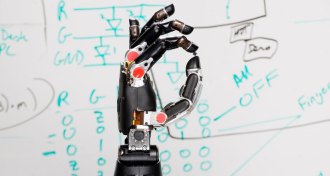 Tech
Tech50 years ago, artificial limbs weren’t nearly as responsive
Artificial limbs have come a long way since 1967.
-
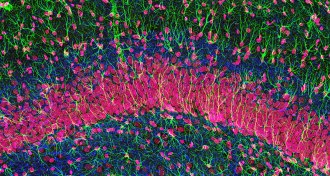 Neuroscience
NeuroscienceStudy casts doubt on whether adult brain’s memory-forming region makes new cells
An examination of 54 human brains suggests that adults don’t grow new neurons in the hippocampus, contrary to several widely accepted studies.
-
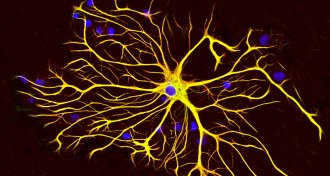 Neuroscience
NeuroscienceThe brain’s helper cells have a hand in learning fear
After a traumatic experience, rat brains release inflammatory signals that come from astrocytes, suggesting a new role for the brain’s “helper” cells.
-
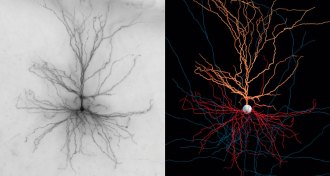 Neuroscience
NeuroscienceSee these first-of-a-kind views of living human nerve cells
A catalog of live brain cells reveals stunning diversity and intricate shapes, and may help scientists understand the abilities of the human brain.
-
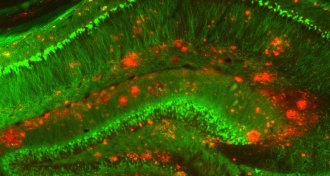 Neuroscience
NeuroscienceAlzheimer’s protein can travel from blood to build up in the brain
Experiments in mice show Alzheimer’s protein can travel from the blood of an affected mouse to the brain of a healthy animal.
-
 Particle Physics
Particle PhysicsReaders question photons colliding, black sea snakes and more
Readers had questions about brain flexibility, black sea snakes and photon collisions.
-
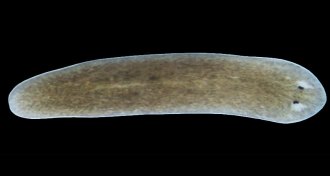 Animals
AnimalsTo understand the origins of pain, ask a flatworm
A danger-sensing protein responds to hydrogen peroxide in planarians, results that hint at the evolutionary origins of people’s pain sensing.
-
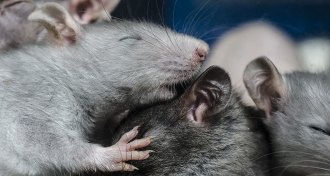 Neuroscience
NeuroscienceThere’s no rest for the brain’s mapmakers
Navigational grid cells stay on the job during sleep.
-
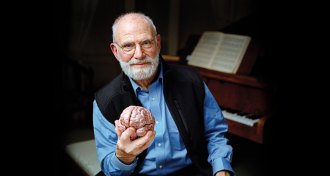 Neuroscience
NeuroscienceNew book offers a peek into the mind of Oliver Sacks
The wide-ranging essays in Oliver Sacks’ ‘The River of Consciousness’ contemplate evolution, memory and more.
-
 Neuroscience
NeuroscienceKay Tye improvises to understand our inner lives
To figure out how rich mental lives are created by the brain, neuroscientist Kay Tye applies “a new level of neurobiological sophistication.”
-
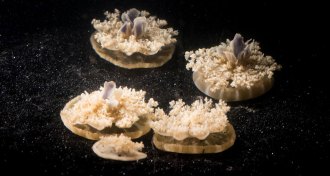 Animals
AnimalsTo test sleep, researchers don’t let sleeping jellyfish lie
Upside-down jellyfish are the first known animals without a brain to enter a sleeplike state.
-
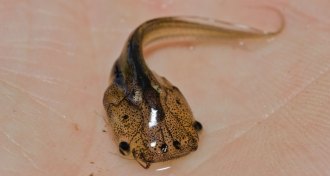 Health & Medicine
Health & MedicineFrom day one, a frog’s developing brain is calling the shots
Frog brains help organize muscle and nerve patterns early in development.